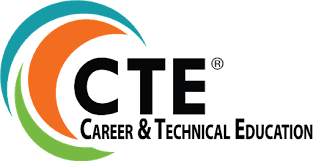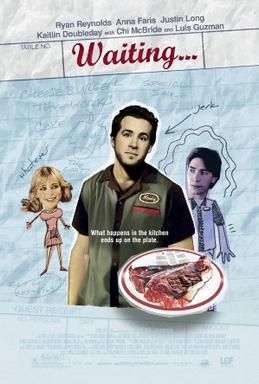CTE changes coming to Delphi

A new government grant is set to impact Career Technology Engineering (CTE) classes in the state of Indiana. The changes, called Perkins 5: Next Level Jobs (Perkins 5NLJ), will affect the incoming sophomore and freshman classes. There are a few rules to be followed in Perkins 5NLJ, with the newest one being the one to inspire all the statewide changes. These changes will include class schedule changes in a wide variety of classes including culinary, mechanics, health science, graphic design, and many others.
As of now, students only need to take two classes offered for their pathway. For example, look at culinary arts. Under the new rules, students will start off with taking a principles class that will give them a chance to familiarize themselves with the subject area. Following that will be a culinary class, then a secondary culinary class. To finish the pathway, students will take a Capstone class, which allows them to demonstrate all their learned knowledge on the topic. So, instead of having to take two classes in an area, students need to take four. The classes must be taken in order; however, the principles course and the first class may be taken the same year.
While this can be seen as a great opportunity for students to get a better understanding of the area they choose to study, there are disadvantages as well. For instance, these changes will make it more difficult for students to switch their pathways since they would need to choose their path as eighth graders. Another frustration is that the state did not take into account the small schools with fewer teachers and resources.
It is difficult for schools the size of Delphi and smaller to offer a wide variety of CTE classes. For example, consider the DCHS agriculture department. DCHS is fortunate to have two agriculture teachers, whereas some schools, such as Carroll, only have one in the high school. This means Delphi will be able to have at least two ag pathways, mechanics and animal sciences. However, due to the changes and the new need of principle classes, Mr. Walker will be trading his welding classes for principle classes. Welding, within the ag department, will likely not be offered again until 2024, and then it will be a junior level class. This also means that welding will not be a prerequisite for ag powers, which offers a whole other list of challenges.
Since the changes will be affecting the 2022-2023 school year, teachers and the guidance department are taking this opportunity to sort out any challenges that they may see coming, for example, trying to fit in the classes that the current sophomores and juniors need for their pathways as well as getting the new classes ready for the following years. “My biggest fear is that we will miss kids finding what they really like to do,” commented Mr. Walker.
These CTE changes are being made to help prepare students for life after high school, whether that means trade school, the workforce, or college. One solution to the aforementioned issues could be adding an eight period day, which would include getting rid of our homeroom and taking no more than five minutes from the other class periods. An eight period day would mean students would have a better chance of finding what they like. As Mrs. Kirkwood always points out, when she walked in the front doors of high school she wanted to be the president. Given her position as our counselor, it is safe to say that her plans changed, as will those of the students picking their pathways in middle school.
Regardless of the challenges, we have teachers and faculty working every day trying to prepare for the new CTE pathways. They are trying to foresee potential problems and are set to solve other issues as they present themselves. The main goal is to help students in the state of Indiana choose what they are truly passionate about and focus on the pathway that will help them fulfill their career goals.
“I’m always up for a challenge,” said Mr. Walker, who has a few reservations about the changes ahead but is going to work hard to make the changes go smoothly. “I think it is a good program overall. I just think it’s change and we are all a little nervous about it,” said Mrs. Kirkwood.

Emily is a senior at Delphi and is in her third year of Parnassus. She is involved in golf, tennis, Student Council, National Honor Society, Creative Writing...












